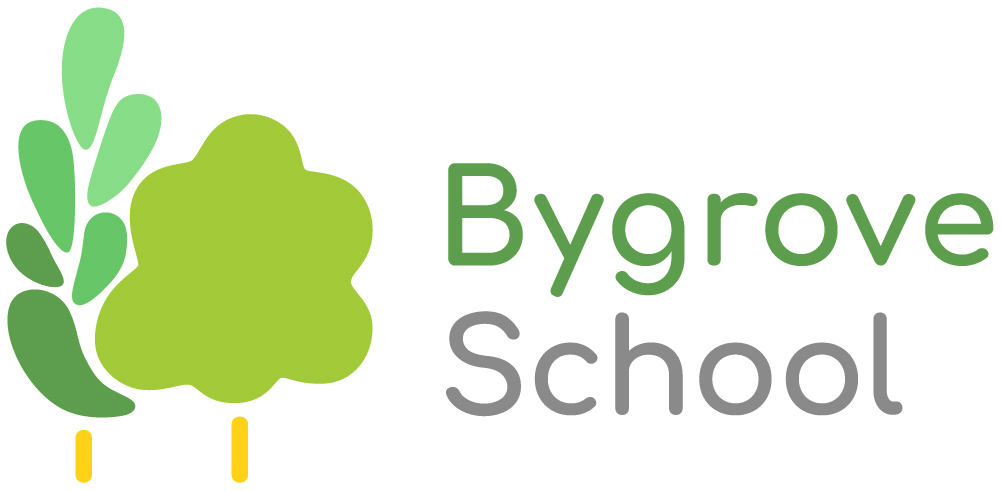Mahatma Gandhi Class

Year 4’s class name is after Gandhi who, with supreme interpersonal intelligence, teaches us that great political and social change can be achieved through peaceful protest and discussion. He was the leader of the Indian nationalist movement against British rule and is widely considered the father of his country.
The autumn term is all about history in general & Elizabethan England in particular & we kick off Y4 with the best thing ever – our Shakespeare performance! We work with the Shakespeare Schools Festival for the whole of the first half term to learn, rehearse & perform an abridged Shakespeare play on the London stage in front of our family & friends. All of us … without exception … on stage! As a bonding experience, there’s nothing like it. We learn two important lessons:
First, we are capable of pretty much anything & second, together we’re better!
There’s something theatrical about the room with strange-looking Tudors on the walls. Are they characters from a play or real-life Elizabethans?
We learn about the five Tudor monarchs and the order in which they ruled, about what Elizabethans believed and what they ate, about how Elizabethan children lived and we learn about the Elizabethan Era’s legacy on Britain and the wider world.
We find out why King Phillip of Spain wanted to invade England with the Spanish Armada, how he was sent packing & what his defeat meant for Queen Elizabeth’s reputation as a force to be reckoned with.
We write a short story & a newspaper article about our SSF performance. In art we learn about Holbein’s brilliance & create our own painting based on ‘The Ambassadors’.

Our first trip is, of course, to the Tower of London to see the Crown Jewels, the Yeomen of the Guard & the famous ravens! But we also go to the National Portrait Gallery & to Greenwich, where Henry VIII was born. We might even get the chance to go to the Globe Theatre on the South Bank.
By the end of the term we have all produced our own Tudor portraits, made lavender bags to protect ourselves from the plague & even had a Tudor feast (we’re not allowed to eat swans, though)!
And, did I mention, we have performed a Shakespeare play!
From the wonders of nature to a celebration of the man-made. The classroom is full of them; toy robots, large & small robots, ones in humanoid form with flashing lights; lots of wires & circuits & metal & plastic. There’s even a tardis!
Every aspect of our learning involves robots. We produce persuasive writing arguing why robots should or shouldn’t do the jobs that humans could do. We write poetry & stories about imaginary worlds as well as information texts about electricity. Our science & DT involves circuits & conductors & junk modelling. Our maths learning about nets & working to scale helps us in constructing these models too. We learn about programming in ICT & examine morals & ethics in RE. Our artist of the term is Eric Joyner who does delightful pictures of robots (& doughnuts!).

During the term we go to the science museum & welcome a visitor who shows us how to build robots – think Robot Wars!
By the end of the term, believe it or not, we have designed & built a robot & examined when & how robots are useful. More importantly perhaps we have considered where they’re not useful; what only we can do.
This term we come face to face with the awesome power of the Earth. It’s about volcanoes & earthquakes, tsunamis & hurricanes – those reminders of quite how small we are!
During the term we write texts explaining how volcanoes erupt & what makes earthquakes happen. We write edge-of-your-seat suspense stories from deep within natural disasters & then bring it down again with mountain poems.
Our maths is largely about co-ordinates & directions, distance & time – again lots of problems to solve here. We look at states of matter in science & examine how the water cycle works. In music, we reach out to the furthest corners of the globe to explore more than just peaks. We sit back and listen to country and western music and compare this to the influences of eastern Asia.

In RE we examine the question, ‘Why do some people think life is a spiritual journey and what significant experiences mark this?’ This seems somehow opposite to big geological moments.
Our most important trip is our residential trip to Gorsefield where we start to learn some survival skills but we also go to a local climbing wall.


